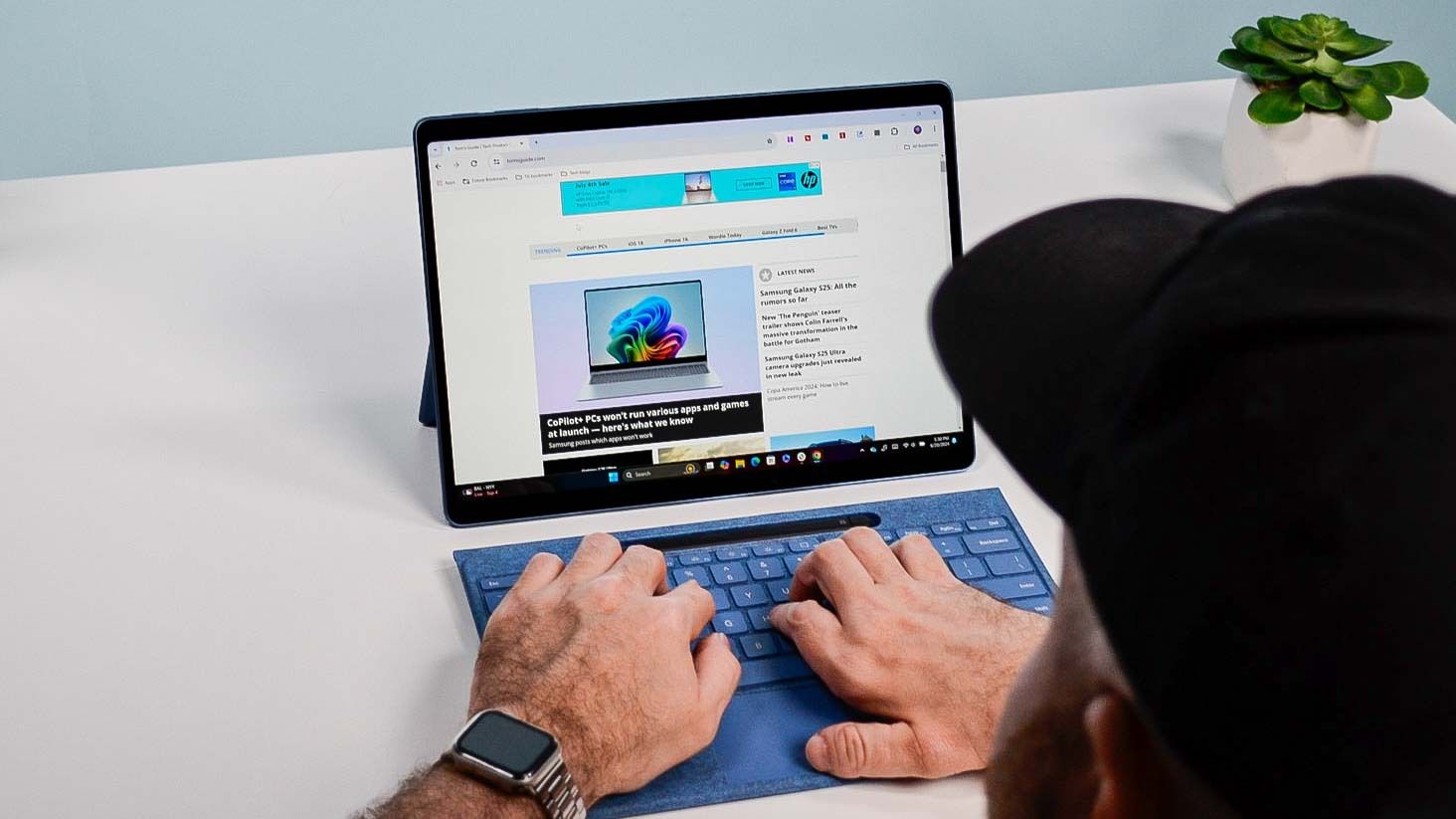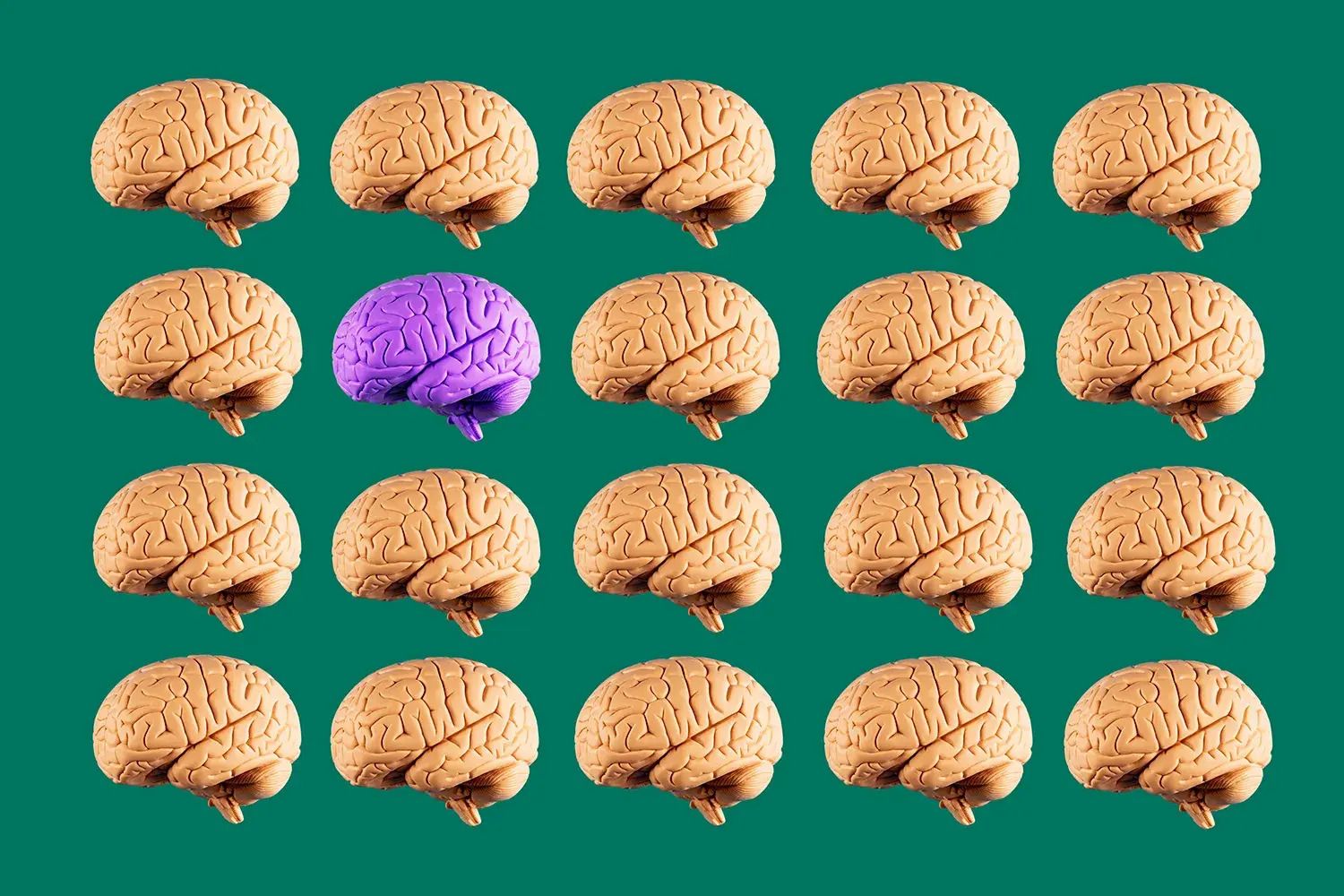- The AI Innovator
- Posts
- Say Hello to Tiny Local GPT!
Say Hello to Tiny Local GPT!
In today’s email:
News of the Day
Social Media
News
Trending Tools of Day
Everything else in AI this Day
Read time: 5 min
News of the Day
Run GPT AI on Your Own PC Now

Microsoft Brings OpenAI’s Lightweight Open-Source Model to Windows
Microsoft has released OpenAI’s new open-source model, called gpt-oss-20b, for Windows users. This compact model can run locally on personal computers with powerful GPUs and is designed for tasks like coding and AI tool integration.
The gpt-oss-20b model is now available via Windows AI Foundry, and a macOS version is coming soon.
It’s built for low-bandwidth environments and real-world AI workflows, needing at least 16GB of VRAM to run.
Microsoft optimized it for local inference and promises broader device support in the future.
This move shows a shift toward local AI models, reducing reliance on the cloud. It also reflects growing competition between Microsoft and Amazon, both offering GPT-OSS in their ecosystems.
Read more…
Your boss will think you’re a genius
If you’re optimizing for growth, you need ecomm tactics that actually work. Not mushy strategies.
Go-to-Millions is the ecommerce growth newsletter from Ari Murray, packed with tactical insights, smart creative, and marketing that drives revenue.
Every issue is built for operators: clear, punchy, and grounded in what’s working, from product strategy to paid media to conversion lifts.
Subscribe for free and get your next growth unlock delivered weekly.
Social Media
Dropping soon.
— OpenAI (@OpenAI)
2:00 PM • Aug 7, 2025
2nd News of the Day
Fake Brain Part by AI

Google's Med-Gemini AI Made Up a Fake Brain Part and Gave Confusing Medical Answers
In a research paper, Google’s Med-Gemini AI mentioned a nonexistent part of the brain, mixing up two real ones. Experts found that slight changes in how questions are asked can lead to completely different answers from the AI.
Med-Gemini invented a term called "Basilar Ganglia", a wrong combination of two real terms: Basal Ganglia and Basilar Artery.
When asked the same question in different ways, the AI gave contradictory medical answers, once finding a serious issue, and once saying everything looked normal.
At first, Google tried to hide the mistake by calling it a "typo", but later admitted the AI learned the wrong term from training data.
AI systems like Med-Gemini are being developed to help doctors, but mistakes like this can be life-threatening. The real danger is not just the errors, it's how convincing the AI sounds when it's wrong.
Read more…
Trending Tools of Day
Floot
Build serious apps with AI without getting stuck
Patio
Share tools, learn DIY, and build sustainably
Unicorns Club
Grow, earn Sparks, and get discovered by VCs
Visionstory - Video Podcast
Turn dialogues to studio-quality video podcasts in seconds
Nas.io v2
AI agent to build, launch, and sell your digital products
Everything else
🏫 Code School: AI pioneer Andrew Ng has announced a comprehensive course on Claude Code created in partnership with Anthropic and taught by its Head of Technical Education, Elie Schoppik. You can check the course out here.
🔥 Firing Frenzy: AI engineer Alex Reibman posted about a CEO who fired his entire team after finding out he could outperform them using Claude Code in a viral tweet. The CEO has now identified himself and offered more details on the story.
👔 Career Crisis: A Redditor asked ChatGPT to explain their job to a five-year-old, and the chatbot’s response has got them "questioning their entire career".
🎮️ Pixel Perfect: Someone used Gemini’s Genie 3 world model to simulate a pixel art game world in a post that’s racked up thousands of likes on Reddit.
That’s it for today!

Before you go we’d love to know what you thought of today's newsletter to help us improve the experience for you.
How did you like today's email? |

